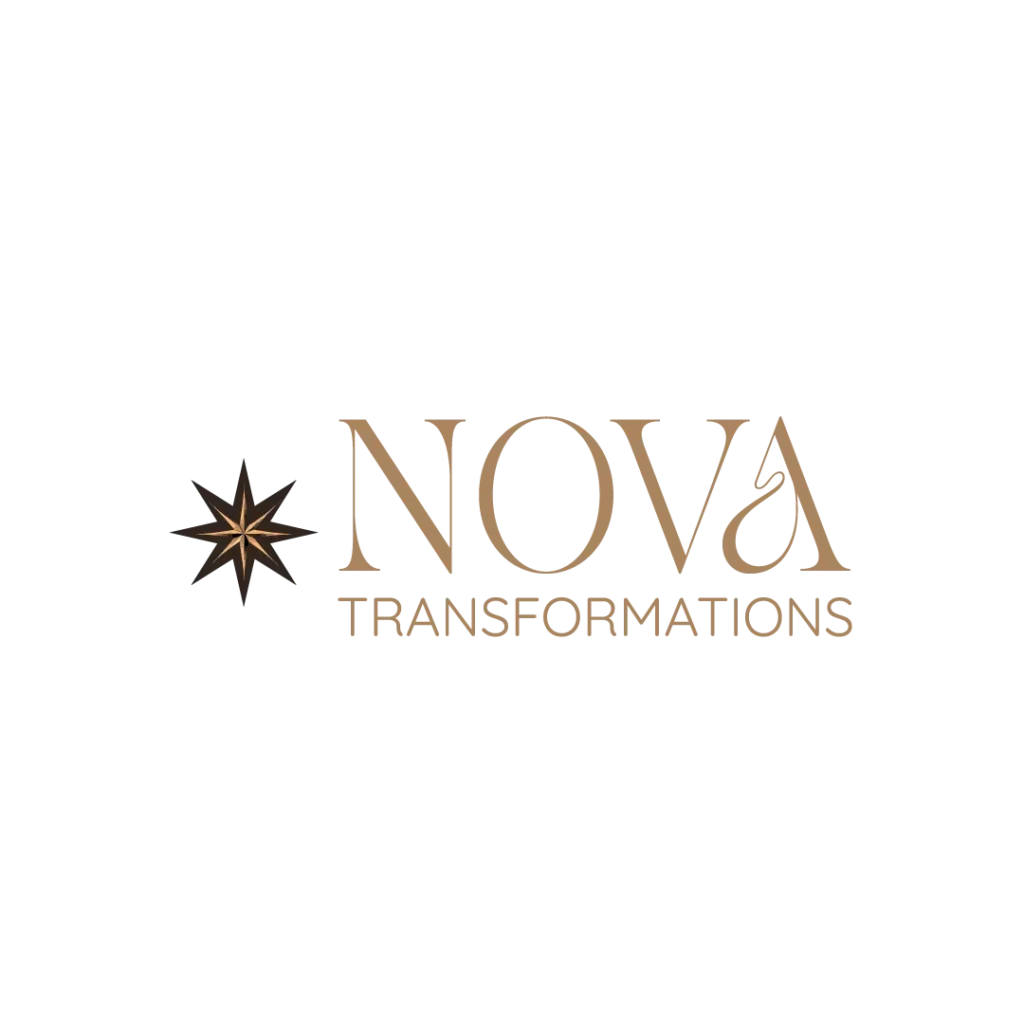Understanding Opioid Addiction
Opioid addiction, particularly relating to substances such as fentanyl, is a critical issue in today’s society. Understanding the nature of opioid use disorder (OUD) is essential in effectively seeking treatment options and supporting recovery.
Chronic Disease Impact
Opioid addiction is categorized as a chronic disease affecting millions of Americans. According to the CDC, opioid use disorder can impact anyone, leading to serious health complications, legal issues, and challenges in social functioning. Fentanyl, a particularly potent synthetic opioid, is roughly 50 times stronger than heroin and has been linked to more than 36,000 overdose deaths in the United States in 2019. The risk of overdose escalates significantly when fentanyl is mixed with other drugs or even prescribed by a doctor (AdCare).
To further illustrate the impact of this disease, consider the following data:
| Year | Opioid Overdose Deaths | Fentanyl-Related Deaths |
|---|---|---|
| 2017 | 47,600 | 28,400 |
| 2018 | 67,367 | 31,000 |
| 2019 | 70,630 | 36,000 |
Effectiveness of Medications
Medications for Opioid Use Disorder (MOUD) have proven to be effective tools in recovery. Research indicates that utilizing MOUD along with behavioral therapy offers substantial advantages for those experiencing OUD (CDC).
Medications such as buprenorphine, methadone, and naltrexone play specific roles in the treatment process by:
- Normalizing brain chemistry
- Alleviating cravings
- Preventing withdrawal symptoms
These medications are designed to assist individuals on their path to recovery, making them essential components in comprehensive treatment plans. If you or a loved one is dealing with issues related to opioid addiction, consider exploring the specialized fentanyl rehab options available at Nova Transformations.
The Role of Medications in Treatment
Medications play a critical role in the treatment of opioid addiction, particularly for individuals struggling with fentanyl use. Through a combination of medication-assisted treatment and behavioral therapies, you can enhance your recovery journey.
Support for Recovery
Medication-assisted treatment (MAT) has proven to be effective in supporting recovery from opioid use disorder (OUD), including fentanyl addiction. Medications such as buprenorphine, methadone, and naltrexone help normalize brain chemistry and relieve cravings, allowing you to focus on your recovery without the burden of persistent urges to use substances.
The benefits of using medications in your treatment plan can include:
| Medication | Benefits |
|---|---|
| Buprenorphine | Reduces cravings and withdrawal symptoms |
| Methadone | Stabilizes brain chemistry, preventing highs |
| Naltrexone | Blocks opioid effects, reducing relapse risk |
By combining these medications with behavioral therapies, you receive a holistic approach to treatment that addresses both the physical and psychological aspects of addiction (AdCare).
Normalizing Brain Chemistry
Fentanyl and other opioids significantly alter brain chemistry, leading to addiction and dependence. Medications like buprenorphine and methadone help to balance these chemical changes, making it easier for you to achieve stability and recovery.
These medications work by targeting the opioid receptors in the brain, which helps to alleviate withdrawal symptoms and cravings. By normalizing brain chemistry, you can reduce the likelihood of relapse and encourage long-term adherence to recovery strategies.
As part of your rehabilitation process, it is crucial to have access to medications that fit your personal needs. Nova Transformations provides individualized treatment options tailored to support your recovery journey. For more information on various treatment types, explore our resources on opioid rehab, prescription drug rehab, and dual diagnosis treatment.
Through the effective integration of medications into your treatment plan, you can overcome the challenges of addiction and reclaim a healthier life.
Expanding Access to Evidence-Based Treatments
Importance of Accessible Treatments
Expanding access to evidence-based treatments is a fundamental step in addressing opioid addiction, particularly with substances like fentanyl. You and your loved ones deserve the best chance for recovery, and that starts with ensuring that effective treatment options are available and accessible. Research has shown that individuals with opioid use disorder (OUD) benefit significantly from medications designed to aid recovery. These treatments need to be within reach for anyone seeking help.
Access to quality drug and alcohol treatment programs is essential. Barriers such as cost, availability, and stigma can prevent individuals from seeking the help they need. By increasing accessibility, more people can receive the support and services necessary for successful recovery from substance use disorders, including fentanyl addiction.
Medications for Opioid Use Disorder
Medications for Opioid Use Disorder (MOUD) play a vital role in your recovery journey. These medications, including buprenorphine, methadone, and naltrexone, are effective in helping to normalize brain chemistry, relieve cravings, and in some instances, prevent withdrawal symptoms.
Here is a summary of commonly used medications for opioid use disorder:
| Medication | Mechanism of Action | Advantages |
|---|---|---|
| Buprenorphine | Partial opioid agonist that reduces cravings | Low risk of overdose, long-acting |
| Methadone | Full opioid agonist that stabilizes brain chemistry | Reduces withdrawal symptoms |
| Naltrexone | Opioid antagonist that blocks effects of opioids | Helps prevent relapse |
Engaging in a comprehensive treatment plan that integrates MOUD with behavioral therapy can enhance your chances of successful recovery further. For example, combining medications with therapy tailored to your needs leads to better outcomes (CDC). This integrated approach aligns perfectly with the services provided by Nova Transformations, placing you on a path to a healthier future.
If you’re looking for effective treatment, consider exploring options such as opioid rehab, prescription drug rehab, and specialized programs like dual diagnosis treatment tailored to meet your unique needs.
Seeking Help for Overdose Situations
Recognizing an overdose situation and acting quickly can be the difference between life and death. Understanding the laws and how to provide medical assistance effectively is crucial.
Good Samaritan Laws
Good Samaritan Laws are designed to encourage individuals to seek medical help for someone who is experiencing an overdose without fearing legal repercussions. These laws vary by state but typically protect those who call for help from drug possession charges, promoting a faster response to overdose situations. This can be essential in saving lives during critical moments (CDC).
| State | Good Samaritan Protection |
|---|---|
| California | Yes |
| New York | Yes |
| Texas | Yes |
| Florida | Yes |
| Ohio | Yes |
Familiarizing yourself with the specifics of Good Samaritan Laws in your state can empower you to act quickly and confidently in crisis situations.
Providing Medical Assistance
If you encounter someone who may be experiencing a fentanyl overdose, immediate action is required. Fentanyl can cause dangerously slowed or stopped breathing, leading to hypoxia, coma, brain damage, or even death (American Addiction Centers).
Here are steps for providing medical assistance:
- Call Emergency Services: Always call 911 or the local emergency number first.
- Administer Naloxone: If you have naloxone (Narcan) available, use it as it can reverse an opioid overdose quickly.
- Monitor Breathing: If the person is not breathing or breathing is weak, perform rescue breaths if trained.
- Stay with the Person: Remain with them until professional help arrives.
Understanding how to react in overdose situations can create a safer environment for individuals struggling with addiction. For more information on treatments specifically for opioid addiction, refer to our sections on opioid rehab and addiction treatment.
Being informed and prepared is essential in combating the dangers associated with fentanyl misuse and ensuring a supportive network for recovery.
Fentanyl Addiction and Treatment
Fentanyl addiction poses significant risks and challenges. Understanding these dangers and recognizing withdrawal symptoms can help you or your loved one seek the appropriate treatments at a facility like Nova Transformations.
Risks of Fentanyl Use
Fentanyl is a synthetic opioid that is approximately 50 times more potent than heroin. Its potency greatly increases the risk of overdose, which has contributed to more than 36,000 fentanyl-related deaths in the United States in 2019 (AdCare). The dangers of fentanyl use include:
- Overdose Risk: Even a minuscule dose of 2 mg, equivalent to a few grains of salt, can be fatal. Fentanyl affects the brain’s control over breathing, potentially leading to life-threatening conditions such as hypoxia, coma, brain damage, or death (National Institute on Drug Abuse).
- Inadvertent Consumption: Illegally produced fentanyl is often mixed with other drugs, including heroin, cocaine, and methamphetamine, which can lead to accidental ingestion (American Addiction Centers).
- Withdrawal Symptoms: Users may experience a range of withdrawal symptoms that can be challenging and painful, making the need for assistance crucial.
Withdrawal Symptoms and Treatment Options
Withdrawal from fentanyl can be severe and may include symptoms such as:
| Withdrawal Symptoms | Duration |
|---|---|
| Muscle aches | 1-2 days |
| Anxiety and agitation | 1-3 days |
| Insomnia | 1-2 weeks |
| Nausea and vomiting | 1-2 days |
| Sweating and chills | 1-2 days |
| Diarrhea and abdominal cramps | 1-3 days |
Effective treatment options for fentanyl addiction focus on safely managing withdrawal symptoms and supporting long-term recovery. At Nova Transformations, you’ll find comprehensive approaches including:
- Medically Supervised Detox: This ensures safety during withdrawal, providing medical support and reducing discomfort. Learn more about our medically supervised detox referrals.
- Medication Assisted Treatment (MAT): Utilizing medications such as buprenorphine or methadone can help manage cravings and withdrawal symptoms. For more details, see our section on medication assisted treatment.
- Therapeutic Interventions: Behavioral therapies and support groups play a vital role in the recovery process. Consider our personalized programs tailored to meet various needs, including dual diagnosis treatment for co-occurring disorders.
If you or someone you care about is struggling with fentanyl addiction, seeking treatment at Nova Transformations can provide the necessary support for a successful recovery journey. Our tailored treatment programs can guide you through detox and rehabilitation, helping you regain control of your life.
Aftercare and Recovery Support
Aftercare is a critical component of your recovery journey following treatment for fentanyl or any other substance use disorder. It serves as a bridge between structured treatment and independent living, helping you maintain your sobriety while facing everyday challenges.
Importance of Aftercare
The importance of aftercare cannot be overstated. Outpatient aftercare treatment following inpatient or residential addiction treatment can help individuals like you address various triggers, stressors, and any underlying mental health issues. Developing a relapse prevention plan is essential, as it equips you with the tools to navigate situations that may provoke cravings or temptations. As noted by American Addiction Centers, an effective aftercare plan may need to continue actively for at least one year, adjusting over time as your needs and goals evolve.
| Key Components of Aftercare | Objectives |
|---|---|
| Support Groups | Build a sober support network |
| Relapse Prevention Planning | Identify and manage triggers |
| Therapy Sessions | Address underlying mental health issues |
| Skill Development Workshops | Enhance coping strategies |
Sober Living Homes and Recovery Meetings
Sober living homes provide a drug- and alcohol-free environment that promotes safety and support for individuals in recovery. These homes often encourage a person-centered approach, involving residents in activities such as 12-step meetings, which have shown to yield better recovery outcomes. Studies indicate that living in a sober community significantly enhances long-term sobriety chances due to the collective support (American Addiction Centers).
Additionally, recovery meetings, such as 12-step groups like Alcoholics Anonymous and alternative groups like SMART Recovery, offer mutual-help support that can be invaluable during your recovery process. These gatherings provide a space to connect with others who understand your struggles, fostering a sense of belonging and accountability.
| Type of Support | Benefits |
|---|---|
| Sober Living Homes | Safe, supportive environment; structured living |
| 12-Step Programs | Peer support, shared experiences |
| SMART Recovery | Focus on self-empowerment and self-help |
Choosing Nova Transformations for your fentanyl rehab can provide you access to effective aftercare support programs tailored to your specific needs. Engaging in aftercare not only helps enhance your recovery but also supports long-term sobriety by connecting you with a community of individuals committed to healing.








